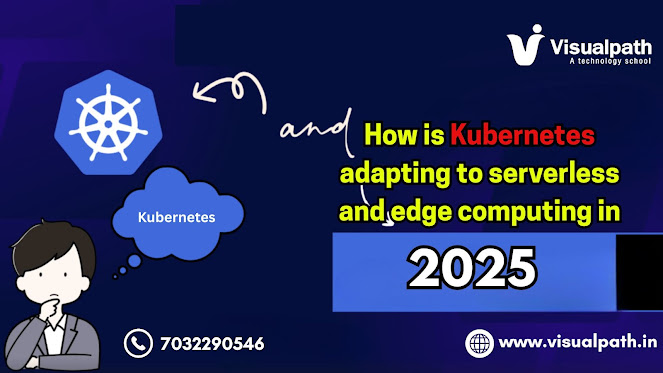Docker and Kubernetes Online Free Recorded Demo Video by Visualpath
🔍 "Want to Become an Docker and Kubernetes Pro? Start With Our Demo Video!" 🤔 In this insightful video by Visualpath, we break down the key differences between Docker 🐳 and Kubernetes 🚀. While both aim to streamline software delivery and operations, their methods, goals, and mindsets vary. 💡 Why Choose Visualpath? ✅ Real-Time Expert Trainers ✅ Job-Oriented Curriculum ✅ Daily Recorded Sessions 🎥 ✅ Career Guidance 🎯 Whether you're a tech enthusiast, developer, or IT professional, this video is your guide to mastering modern infrastructure roles! 💻📊 📺 Watch now: https://youtu.be/ceCPAoxC4pM 🔔 Subscribe to Visualpath: https://www.youtube.com/@VisualPath For More Information 📲 Contact us: +91 7032290546 🌐 Visit: https://www.visualpath.in/online-docker-and-kubernetes-training.html 👍 Like | 💬 Comment | 🔁 Share | 🔔 Subscribe





